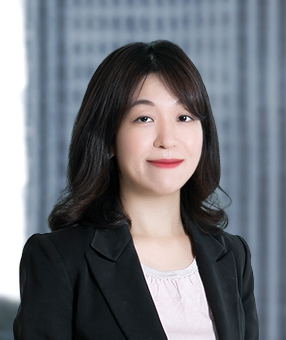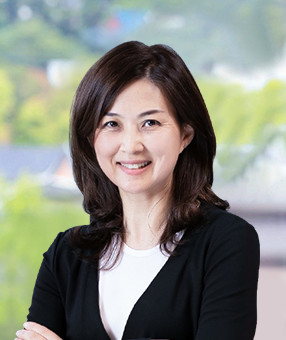In this case of first impression in Korea, the Korean courts recently recognized as enforceable an obligation by one drug company to pay royalties to another drug company, on the basis that the royalties were consideration in exchange for the right to sell products based on R&D data provided by the other company pursuant to a joint pharmaceutical development agreement in order to obtain drug approval, and not for the grant of a patent license. Kim & Chang's Healthcare Practice and Intellectual Property Practice Groups represented Alvogen Korea Co., Ltd. ("Plaintiff") in a suit to collect royalties from a co-party to the agreement ("Partner"), and after prevailing in the case at the first instance, Partner was eventually ordered to pay about KRW 11.1 billion in royalties (about USD 8.4 million) as a result of a court-mediated settlement on appeal.
The joint development agreement in this case ("JDA") was of a type frequently used in the pharmaceutical industry in Korea, under which the parties agreed to the following: one party (Plaintiff in this case, who had a patent on the product) would conduct research and development for a pharmaceutical product (including establishing the manufacturing process and clinical studies), and the other party (Partner in this case) would be granted a license to use the data generated from the R&D to apply for drug approval and, if drug approval was successfully obtained, the other party would pay consideration to the first party, including as a lump sum payment, payment for supply of the product under a contract manufacturing agreement, and/or royalties.
In this case, Plaintiff entered into the JDA with Partner while conducting R&D to obtain drug approval for an incrementally modified drug (IMD) containing rosuvastatin-ezetimibe, a drug for treatment of hyperlipidemia, during the re-evaluation (or post-marketing surveillance (PMS)) period for said product. Based on the full set of R&D data provided by Plaintiff, including clinical data, Partner was able to obtain approval of the IMD from the Ministry of Food and Drug Safety. Initially, the products were manufactured by Plaintiff and supplied to Partner under a contract manufacturing agreement, and were then very profitably distributed in Korea by Partner. However, once the 3-year mandatory supply period under the contract manufacturing agreement ended, Partner modified certain excipients of the drug and received an amended drug approval, and then terminated the contract manufacturing agreement in order to manufacture and sell the modified products on its own. Partner did not pay any royalties or fees to Plaintiff for sales of the modified product, on the basis that due to the modification, the new product was not covered by the JDA.
Plaintiff sued Partner and asserted the following arguments: (1) The premise behind the JDA was that a share of any profits earned from the sale of products approved based on data provided by Plaintiff under the JDA would be shared with Plaintiff, who bore all of the risk of the R&D, and therefore Partner was obligated to share such profits even after termination of the separate contract manufacturing agreement; (2) the amended drug approval was granted based on equivalence to the first drug approval, and since the portions of the approval that were based on data from the JDA did not change, the modified product was substantially the same as the original product, and the changes to the excipients were trivial; (3) since PMS provides de facto data exclusivity that prevents generic products from entering the market for a certain period of time, any generic drug that is able to enter the market early during the PMS period for the original drug is certain to generate large profits and substantial market share; and (4) Partner was able to obtain early drug approval during the PMS period for the original drug as a result of data provided by Plaintiff under the JDA, and thereby achieve its objectives under the JDA.
In view of the above, the first instance court found that Partner was indeed obligated to pay royalties to Plaintiff after the initial 3-year period, and the IP High Court (the appellate court) affirmed and ordered Partner to pay royalties for future profits in installments for six years.
Related Topics







